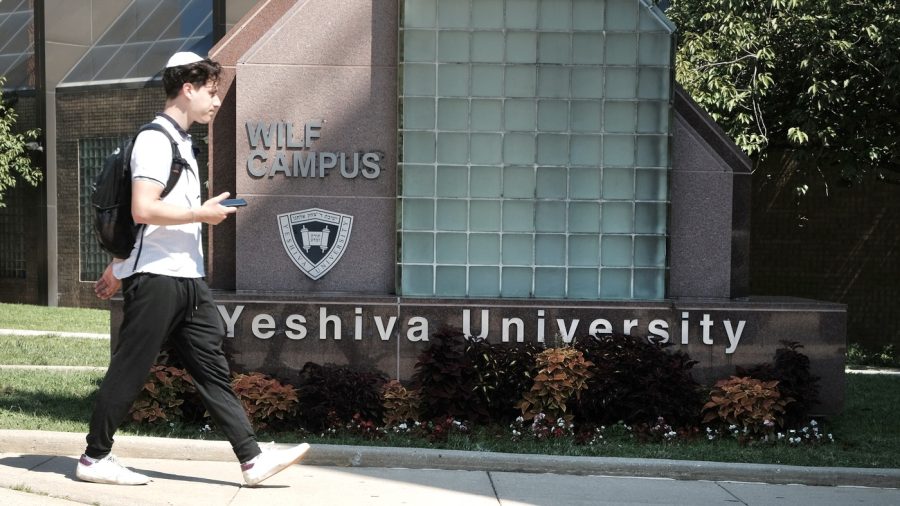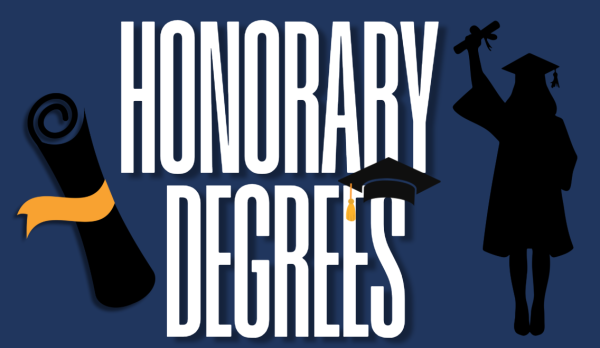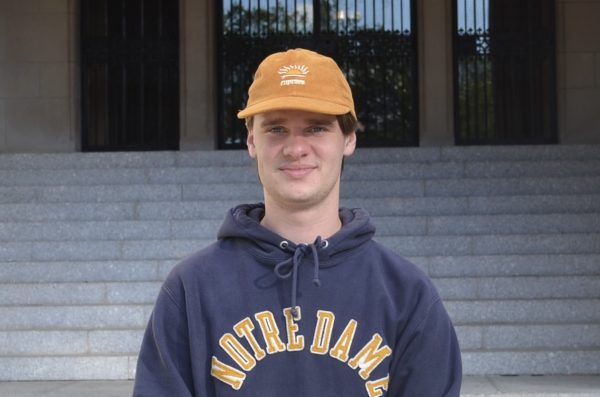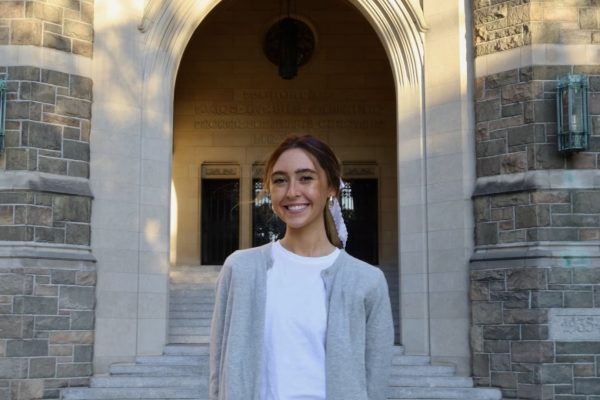Yeshiva University Case Emphasizes Deep Ties Between Religion and Government
Yeshiva University has dominated headlines in recent weeks during its fight against its own students.
Yeshiva University, a private Jewish university in New York City, has gone to court to defend its refusal to officially recognize the YU Pride Alliance, a club formed by undergraduate students. When asked to approve the club in 2020, the Yeshiva administration denied the students’ request on behalf of the university’s religious affiliation; in response, a small group of alumni and students sued the university.
Yeshiva University is America’s oldest Jewish institution, and its refusal to recognize the YU Pride Alliance highlights the greater issue of the blurred lines between religion and government. This case exposes the university’s commitment to religion over its own students, especially when it comes to silencing their own members’ identities on the basis of religion.
This battle has been going on for more than a year, but plenty of recent developments have occurred. On Sept. 14, the Supreme Court voted 5-4 to deny Yeshiva University’s request to block state ruling, requiring Yeshiva to recognize the group as the legal fight continues.
Yeshiva University announced two days later, on Sept. 16, that it will suspend all student clubs at the university indefinitely. This drastic decision is affecting all students at the university.
“The Pride Alliance seeks a safe space on campus, nothing more. By shutting down all club activities, the YU administration attempts to divide the student body and pit students against their LGBT peers,” states Katie Rosenfeld, the pride alliance’s attorney.
I agree with Rosenfeld. This tactic further highlights the university’s prioritization of religious identity over its own students. By suspending all clubs, the university is inhibiting its own students from flourishing, whether it be socially, culturally or academically, in order to prove an outdated point.
Despite Yeshiva’s fervor in attempting to protect its religious identity, students are already actively involved in the institution’s religious values. This involvement is sometimes not by choice, with some students spending as much as five hours a day in religious studies and being expected to uphold Torah values on campus.
The university especially prides itself on its “five core Torah values.” These five core values, according to the school’s website, “compromise our moral compass and guide us toward a better future.” The last two of these values, compassion and redemption, struck me, as they are focused on treating others with empathy. The website describes compassion as “to care for their fellow human beings; to reach out to them in thoughtfulness, kindness and sensitivity; and to form a connected community” and redemption as “humanity’s purpose is to transform our world for the better and move history forward.”
This is interesting, considering how Yeshiva is treating its own students during this legal case. The administration does not seem to be following up on these core values, ignoring that society is moving forward, progressing and acting as a community.
So, why isn’t Yeshiva following through? Where is this “kindness” and “community?” It is 2022 and Yeshiva is located in one of, if not the most, diverse and culturally enriching cities in the world. Change is inevitable, especially in this diverse, fast-paced city.
Young people from all over the world come to New York City with the dream of finding out who they truly are. From personal experience while studying at Fordham, the exposure to an urban college setting is unmatched; there are countless new opportunities and experiences everyday.
College is a marketplace of differing opinions, perspectives and thoughts. Students do not solely learn from textbooks or lectures; we learn through each other and our varying viewpoints. In order for students to learn and grow, they have to meet people who are different from them.
Yeshiva does not have to embrace YU Pride Alliance. It does not have to advertise the club or endorse it. Simple recognition is kindness and respect and shows that the university believes that its students matter, regardless of differences. This issue of religion, though, goes far deeper than just this university’s current court case.
Concern about the entanglement of our government with religion is a concern for many, especially this year with the overturn of Roe v. Wade this past June. Many are concerned, scared and confused about the state of our country and its ties to religion.
The Yeshiva case is still unfolding, and it will be interesting to see how this case may become a precedent for other religious institutions. My hope is that the members of Yeshiva University, and all universities with religious affiliations, eventually feel safe and welcomed enough to express themselves, their true selves.
Ally Dugan, FCRH ’23, is a communications and culture major from West Chester, P.A.










































































































































































































